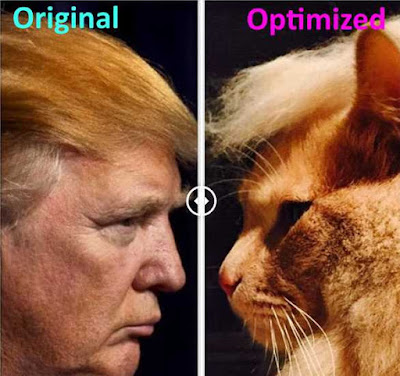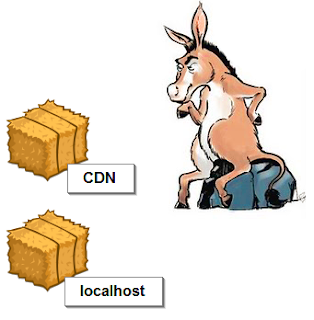.htaccess (
hypertext access) is a text file, placed mostly in the root folder of the given site and invisible cause of the point at the begin. .
htaccess contains directives for server, server software, robots and browser about handling of files, folders and paths / URLs.
Generally there are 2 topics, where .
htaccess can be used for SEO purposes:
- Mod_alias and mod_rewrite directives (URL redirects and rewrites)
- load time optimization
Site security has in my opinion only indirectly to do with SEO, so i decided not to make it to a topic of this article.
The last, fifth part of my HASCH OnPage SEO framework is about the SEO mission of .
htaccess. I aim to create a kind of multipurpose explained and examples-illustrated checklist about .
htaccess usage for
mod_rewrite and robots manipulation and load time optimization as advanced SEO objectives. This ".
htaccess for SEO" tutorial will be helpful (for me and you) on performing site audits and building new strictly SEO-minded sites. Read the tutorial →





